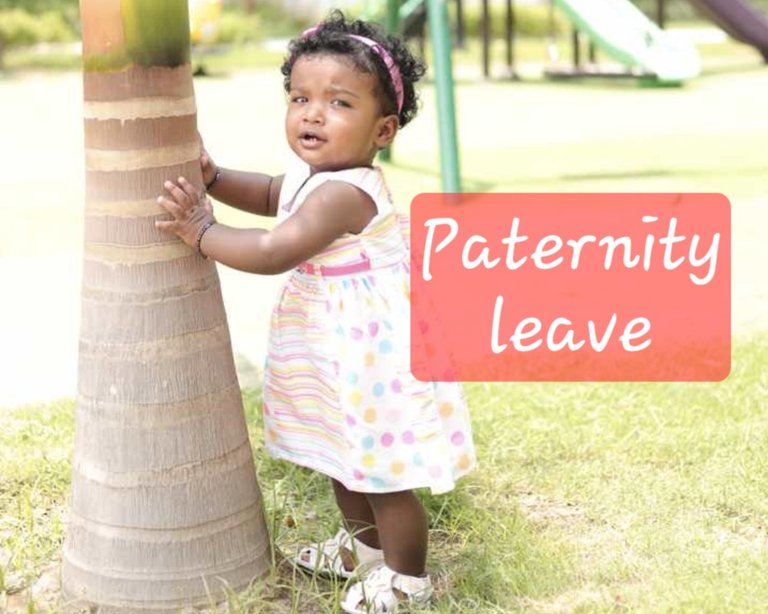Parenthood can be a rewarding and challenging experience that can lead to happiness, joy, and a sense of greater meaning in life. Some say it can even lead to a profound sense of wellbeing called "eudaimonic wellbeing," which is distinct from short-term happiness. Witnessing your child's first smile, giggle, and steps can create a deep, unbreakable bond between parent and child. However, at many inatances, the father is deprived of the happiness. While mother gets the desired time to nurture the new born and get away from the laburous pain, father is bound to work as usual. In recent the call for paternity leave has been sought and many firms are allowing the new parents to avail the benefits.

Maternity and paternity leave are both intended to give parents time to bond with their new child. Maternity leave is for women who are pregnant, have just given birth, or have adopted a child. Paternity leave is for men who adopt or have partners who have just given birth.
In India, the Maternity Benefit Act of 1961 (revised in 2017) grants women employees 26 weeks of paid maternity leave for their first two deliveries. This leave can be taken from 8 weeks before delivery and the remaining 18 weeks after. Employers are required to pay the full salary of the employee during this period. They are also prohibited from firing an employee due to pregnancy, labor, or recovery. The Act also states that employers cannot knowingly employ a woman in the six weeks following delivery or miscarriage. Maternity leave is up to 26 weeks (182 days), while paternity leave is usually 15 days. However, some employers may offer more. For example,
Adobe offers eight weeks of paid paternity leave, which includes weekends and holidays, and must be taken within six months of the birth or adoption.
Paid leave is often not offered by all workplaces, and when it is, it may be partially paid or made up of other types of leave. For example, paid leave may be made up of sick leave, vacation leave, or short-term disability. However, some research suggests that paid parental leave can lead to better health outcomes for both mothers and children.
Importance of Paternity leave
Paternity leave is a period of time when a father can take time off work to care for their newborn child. Paternity leave can be important for many reasons, including:
Better outcomes for children : Children who spend more time with their fathers may have better cognitive, language, and social-emotional skills. They may also have better behavioral outcomes in school, which can lead to less family stress and fewer distractions for employees.
Improved psychological health for children : Paternity leave can help reduce the "motherhood penalty" and may lead to new mothers being less likely to face physical and mental health complications.
Gender equality : Paternity leave can help break down societal norms by challenging traditional gender roles and highlighting the shared responsibility of childcare. This can lead to a fairer distribution of household duties and more career opportunities for women.
Better work/life balance : Paternity leave can help improve work/life balance for employees as they plan their families.
Helps dads adapt to parenting : Paternity leave can help dads adapt to parenting by giving them exposure, experience, and practice. It can also help them assert their desire to spend time at home with their infant.
Helps with bonding : Paternity leave can help fathers create a strong bond with their newborn.
There are many benefits but on many ocassion a proud father unable to encash the benefits. I have seen people gruelling for work even on day of birth of their child. The genersl thinking among Indian men is to work hard to handle the added responsibility. But things began to change for new millennial, who seek proper time outside their work to spend some family time and embrass the oppurtunity to enjoy the loving life.
Peace!!
Namaste @steemflow
Posted Using InLeo Alpha
